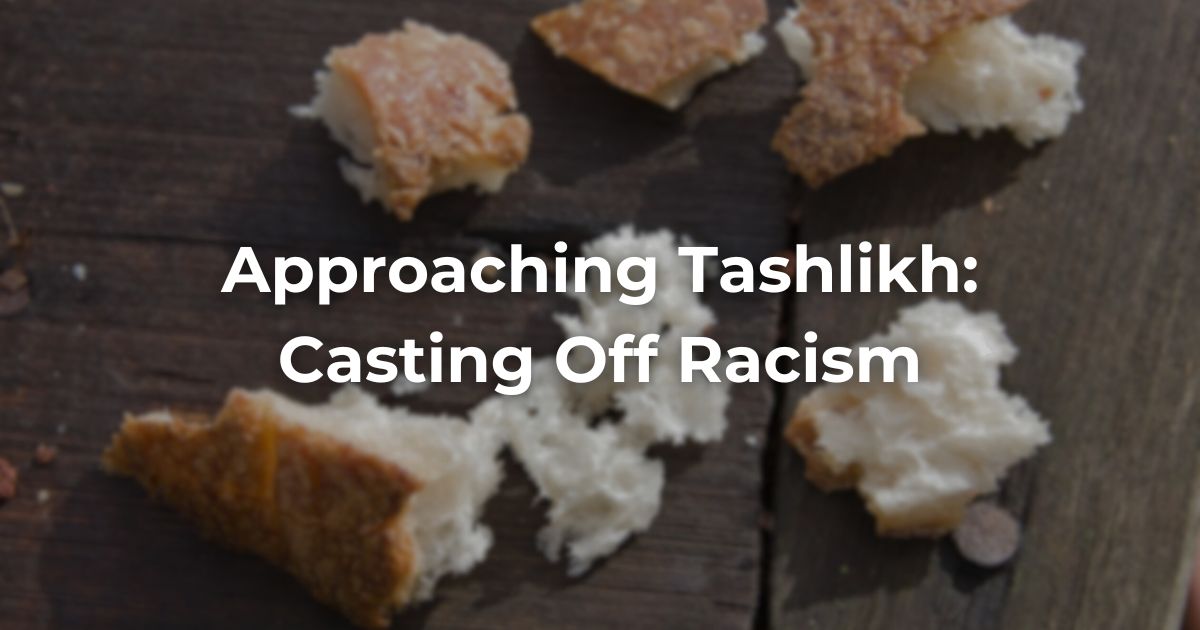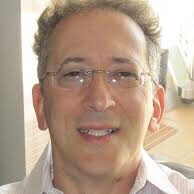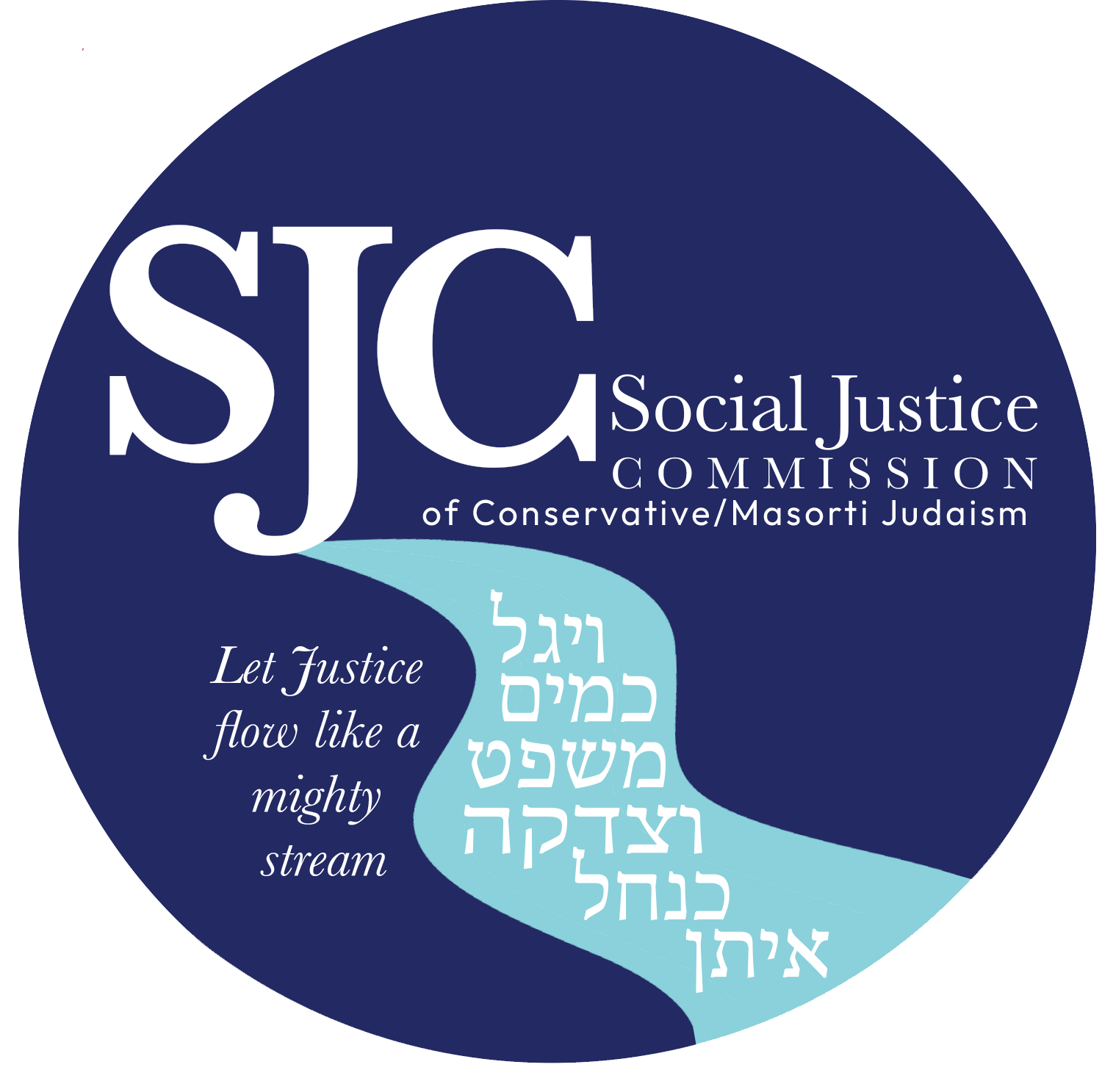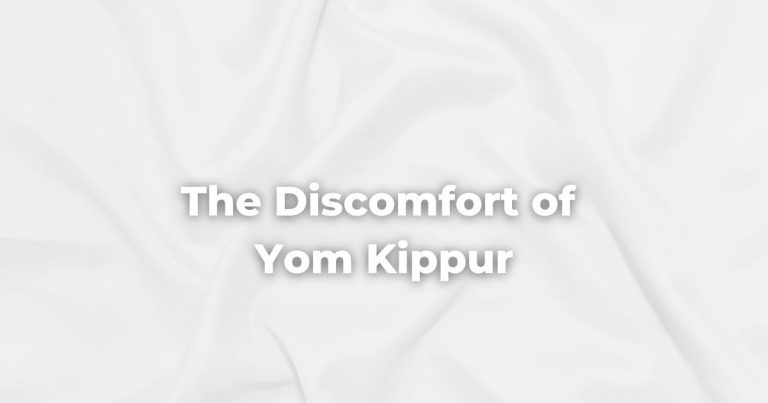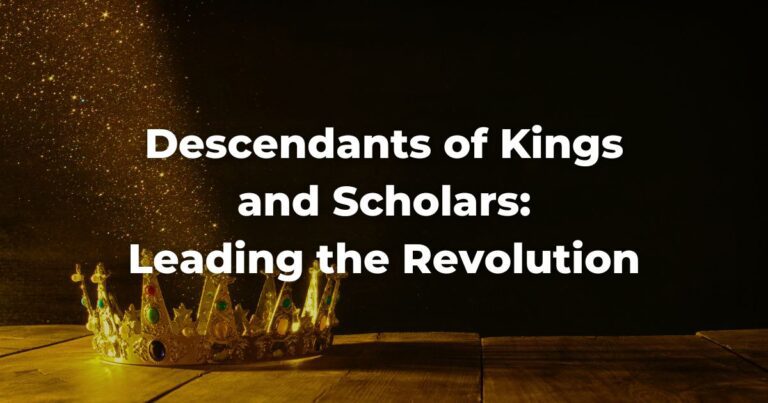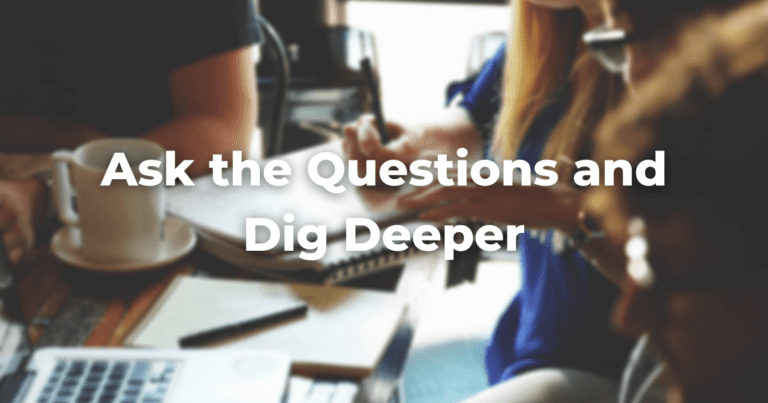This piece is part of Exploring Judaism’s 5785 High Holiday Reader. Download the whole reader here.
Communal Ritual of Tashlikh to Cast Out the Sin of Racism Framing and Instructions for the Conveners:
This Tashlikh ritual addresses the community’s involvement in the sin of racism. The ritual should be done just before or after the community gathers for Tashlikh so that each person or family can do their personal ritual of the traditional Tahlikh. People should bring regular bread for the personal Tashlikh component.
Notwithstanding the above, for symbolic and dramatic reasons, we recommend communities provide a long, oversized hallah for this special ritual. The larger hallah represents the vast category of racism as sinfulness. Like this egregious sin, the hallah has many bumps and permutations. It represents the fact that we all have participated in, been hurt by, or benefited from this sin, the solution for which lies in our hands.
If this is not practicable, invite people to bring a whole hallah, one that is big and puffy like a Shabbat hallah and not merely a round holy day hallah. Mini-hallot will work fine, particularly for small households.
Read to the community by the conveners at the outset of the communal ritual:
Tashlikh means “to cast out.” The brief ceremony traditionally asks us to commit to casting out our personal sins and dramatizes our commitment publicly by casting bread into the waters. Water is a traditional agent effectuating change, so by casting bread upon the waters, we are stating that we will not stop working on our sins until a true, deep change within us has occurred.
While we can do Tashlikh for a variety of reasons, in this ritual, we want to have a particular focus on the ongoing scourge of racism. In doing this, we enlarge the scope of Tashlikh from a primarily personal commitment to better oneself to a communal commitment to transform our culture. That can start with ourselves and includes ourselves, but casting out the sin of racism requires a collective will and concerted effort.
May our casting of the bread upon the waters lead to a concerted common effort to confront and confound racism throughout the New Year.
Instruction: One or more persons should read slowly and consider pausing for a few seconds at the designated places (or places they feel more comfortable with) to give the community time to take in the words and the moment. If more than one person is reading, consider having them staged at various places to recognize that racism is found everywhere.
Ritual and Reading
What sets hallah apart is its puffiness.
In this season of teshuvah–repair and return–
Let us notice the puffiness of the hallah and the puffiness of our hearts.
[pause briefly]
Puffiness is a metaphor for arrogance.
Let us note well the puffiness of the deep
and entrenched arrogance of racism.
Let us note the puffiness of the arrogance within us
that hesitates to look at the roles of Jews in maintaining racism.
[pause briefly]
Whether a particular white Jew owned a slave or not,
all white Jews benefited from slavery,
and white Jews continue to have a certain level of privilege because of it.
Let us note the puffiness of our pride.
Let us note the puffiness of our privilege.
[pause briefly]
The puffiness of the hallah
also symbolizes the puffiness of the wounds and welts
on bodies
that resulted from the whippings and beatings
of slaves
and Black free persons.
Black people in this country always lived
under the threat of physical violence.
That violence was never commensurate
with any wrong Black persons did.
Indeed, physical threats and violence
often occurred with no provocation whatsoever.
Let us note the puffiness of white fear.
Let us note the puffiness of white violence.
[pause briefly]
Finally, the puffiness of the hallah
represents the swollen eyes
that resulted from tears
shed by so many
for so long
living under a racist system,
our American system.
Let us note
the pain of our fellow Black citizens,
our fellow Black Jews.
Let us note the pain that continues from an endemic racism
that we rarely speak about and have never addressed.
[pause briefly]
As we cast this hallah into the waters,
we commit ourselves to casting off the puffiness of racism,
the arrogance that doesn’t let us see the fullness of racism’s reach, and the arrogance that deflects us from helping our culture to change course.
Let us support, elevate, and teach each other about racism.
Let us strive to greater awareness of the pain and worry
with which Black Americans live and contend daily. [pause briefly]
Let us cast out this puffy hallah today,
and let us work every day
to cast off racism from among us and within us,
until the hope of our Rosh Hashanah prayers is realized,
that all Americans
יֵעָשׂוּ כֻּלָּם אֲגֻדָּה אַחַת לַעֲשׂוֹת רְצוֹנְךָ בְּלֵבָב שָׁלֵם
yei-a-su khulam agudah ehat b’leivav shaleim,
that all Americans will live united in one fellowship,
one bond,
beating fully with one heart,
a heart that is healed
and whole.
[pause briefly]
Amen.
Authors
-

Rabbi Dr. J.B. Sacks (he/him) is the spiritual leader of Congregation Beth Shalom (Palm Desert, California). The first openly LGBTQ+ rabbi in the Conservative Movement, Rabbi Sacks is an advocate for inclusion in Jewish life and social justice. His most recent publication is Psalms in the Key of Healing. Rabbi Sacks is the eighteenth generation of rabbis on his mother’s side and lives with his husband Steven Karash in Palm Desert, California. They have an adult son, Evan.
View all posts -

Serving as a central address within the movement, the Social Justice Commission (SJC) works through consensus to evolve a vision of social justice through the lens of Conservative/Masorti Judaism. We strive to educate, advocate, and organize around the issues of today, articulating that acts of social justice are mitzvot.
View all posts https://www.rabbinicalassembly.org/webform/social-justice-committee-mailing-list

